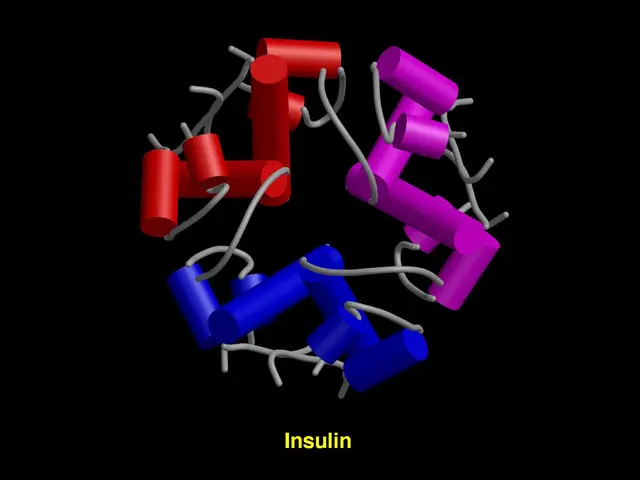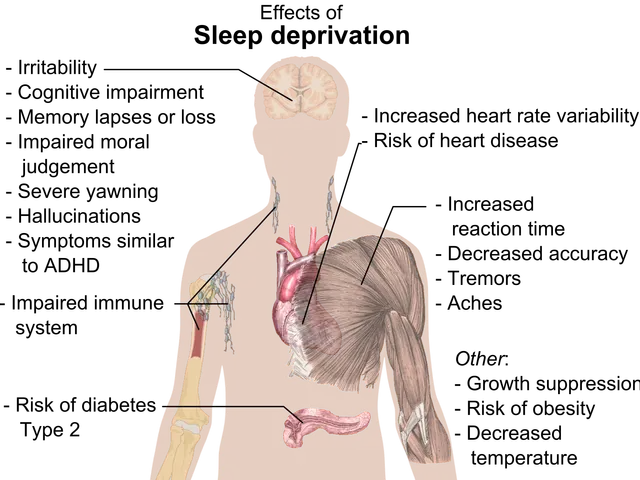Expert Tips to Fight Metabolic Syndrome: Diet and Exercise
Excessive eating and inactivity lead to metabolic syndrome, disrupting energy processing and causing inflammation. Experts like Jillian Michaels advise resistance training and a clean diet to reduce fat.
Body fat comes in two types: subcutaneous and visceral. Subcutaneous fat poses less risk, but visceral fat surrounding organs impacts metabolism and raises health risks. Excess visceral fat increases the likelihood of type 2 diabetes, hypertension, and cardiovascular disease.
Fat accumulation results from diet, lifestyle, and hormonal balance. Regular consumption of refined carbs, sugary drinks, and fast food accelerates fat storage. Inactivity, stress, and poor sleep also contribute by increasing cortisol production. Fat tissue produces hormones that disrupt satiety signals, leading to further overeating.
To slow fat storage and promote breakdown, balance calorie intake and expenditure, increase physical activity, reduce sugar and saturated fats, prioritize sleep, and manage stress. When calories consumed exceed calories expended, the body stores excess energy as triglycerides in fat cells, primarily due to an energy surplus from food.
Read also:
- Berlin's 'Impulscafé' Offers Free Guidance for Parents in Lünen
- Wiesbaden Hosts Free Info Evening on Care & Guardianship Planning
- Saxony-Anhalt Approves €154M for Care Projects, Including €4M for Innovative Dementia Nursing Home
- Upper Dublin Launches Tech Trek: A Digital Well-being Resource for Families








